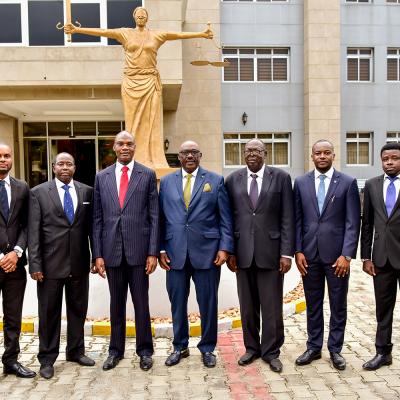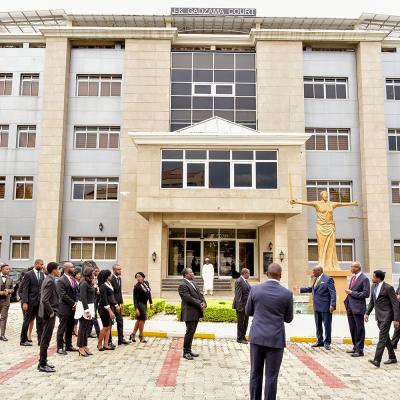The prosecutorial powers of the Economic and Financial Crimes Commission (EFCC) are wide and extend to all financial and economic crimes. The EFCC is empowered to prevent, investigate, prosecute and penalize economic and financial crimes amongst others.
The referenced decision of the Supreme Court especially as it relates to the prosecutorial powers of the EFCC has raised a lot of concerns amongst counsel and litigants, some of whom are of the opinion that the Supreme Court has curtailed the powers of the EFCC to prosecute cases. By Section 6(b); 7(1)(a) & (2)(f) and 13(2) of the EFCC Act, the EFCC has the power to investigate, enforce and prosecute offenders for any offence, whether under the Act or any other statute including the Money Laundering Act; the Advance Fee Fraud and Other Related Offences, Act; the Banks and other Financial Institutions Act etc, in so far as the offence relates to the commission of economic and financial crime. In addition, Section 46 of the Act defines economic and financial crimes as follows: ...
{source}<a class="btn btn-primary" href="https://j-kgadzamallp.com/publications/articles/56-an-analysis-of-the-case-of-dr-joseph-nwobike-san-v-frn" >Download Full Article</a>{/source}









